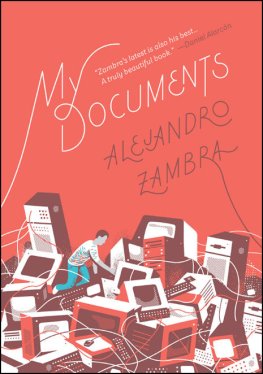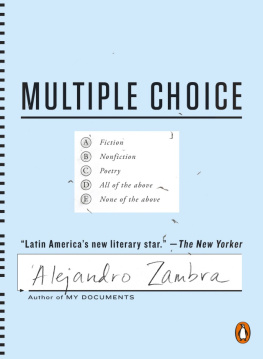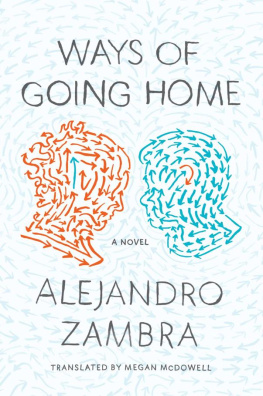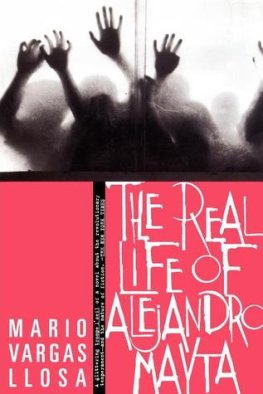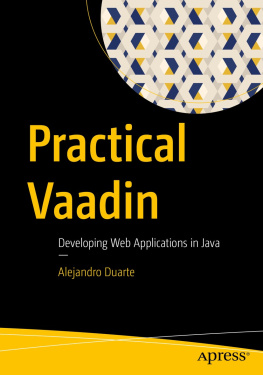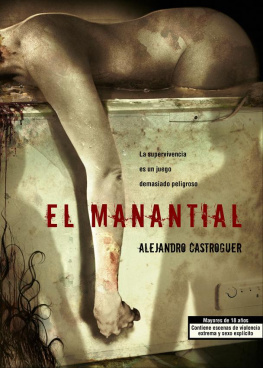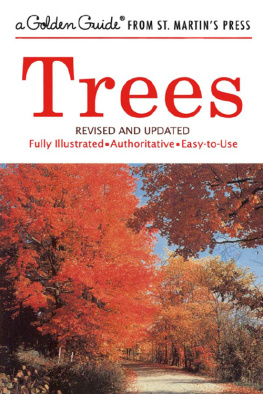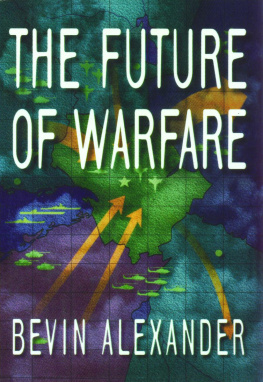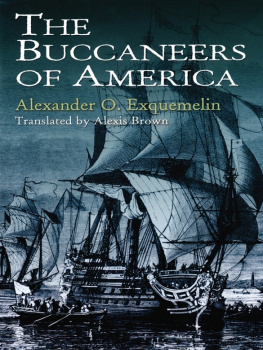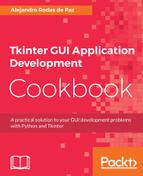Alejandro Zambra - Not to read
Here you can read online Alejandro Zambra - Not to read full text of the book (entire story) in english for free. Download pdf and epub, get meaning, cover and reviews about this ebook. year: 2018, genre: Art. Description of the work, (preface) as well as reviews are available. Best literature library LitArk.com created for fans of good reading and offers a wide selection of genres:
Romance novel
Science fiction
Adventure
Detective
Science
History
Home and family
Prose
Art
Politics
Computer
Non-fiction
Religion
Business
Children
Humor
Choose a favorite category and find really read worthwhile books. Enjoy immersion in the world of imagination, feel the emotions of the characters or learn something new for yourself, make an fascinating discovery.

- Book:Not to read
- Author:
- Genre:
- Year:2018
- Rating:5 / 5
- Favourites:Add to favourites
- Your mark:
- 100
- 1
- 2
- 3
- 4
- 5
Not to read: summary, description and annotation
We offer to read an annotation, description, summary or preface (depends on what the author of the book "Not to read" wrote himself). If you haven't found the necessary information about the book — write in the comments, we will try to find it.
Not to read — read online for free the complete book (whole text) full work
Below is the text of the book, divided by pages. System saving the place of the last page read, allows you to conveniently read the book "Not to read" online for free, without having to search again every time where you left off. Put a bookmark, and you can go to the page where you finished reading at any time.
Font size:
Interval:
Bookmark:
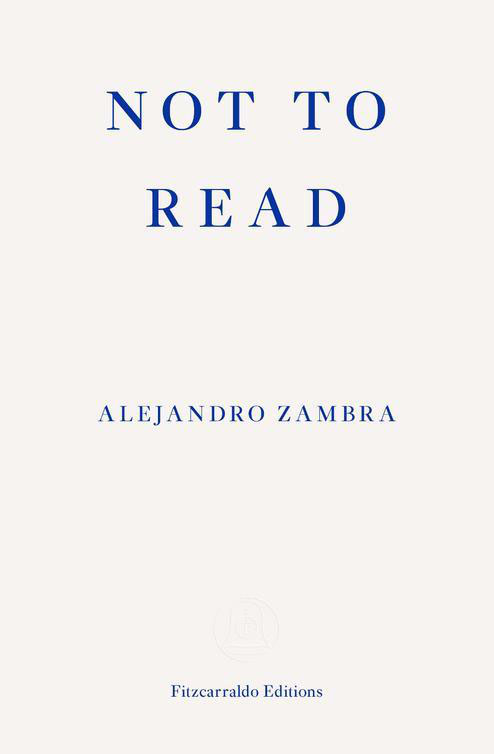
There is no writer like Alejandro Zambra, no one as bold, as subtle, as funny.
Daniel Alarcn, author of At Night We Walk In Circles
When I read Zambra I feel like someones shooting fireworks inside my head. His prose is as compact as a grain of gunpowder, but its allusions and ramifications branch out and illuminate even the most remote corners of our minds.
Valeria Luiselli, author of The Story of My Teeth
Falling in love with Zambras literature is a fascinating road to travel. Imaginative and original, he is a master of short forms; I adore his devastating audacity.
Enrique Vila-Matas, author of The Illogic of Kassel
Praise for My Documents
This dynamite collection of stories has it all Chile and Belgium, exile and homecomings, Pinochet and Simon and Garfunkel but what I love most about the tales is their strangeness, their intelligence, and their splendid honesty.
Junot Daz, New Yorker
My Documents represents a new form. When I think about Alejandro Zambra, I feel happy for the future of fiction.
Adam Thirlwell, author of Lurid and Cute
If you are going to read Alejandro Zambra, which you should, dont just read My Documents, read everything hes done.
Chris Power, Guardian
His books are like a phone call in the middle of the night from an old friend, and afterward, I missed the charming and funny voice on the other end, with its strange and beautiful stories.
Nicole Krauss, author of Forest Dark
NOT TO READ
ALEJANDRO ZAMBRA
Translated and edited by
MEGAN McDOWELL

When I was twenty years old, I worked at a bookstore. One of my co-workers was Ukrainian, but oddly enough she recommended an Argentine book to me: Hopscotch, by Julio Cortzar. I read that book and loved it. Looking back, I think it moved something in me that eventually led me to learn Spanish and start translating. But a more immediate consequence of my obsession with that book was that I read many others Cortzar name-drops a lot, and I picked up those names and read them. I read Cline because of him, and Ren Crevel, Raymond Queneau, Carson McCullers, I found books on Mondrian and Vieira da Silva. I wanted to better understand the things Cortzars characters thought about, so I tried to read the books they mentioned. I thought of the literary references in Hopscotch as recommendations from Cortzar himself, and some of those books came to be fundamental in my reading life.
Theres another recommendation that has been very important for me. In 2007, after starting a Masters in translation, I visited Chile with the goal of finding a project to work on. I asked many people booksellers, editors, writers to tell me who the interesting younger writers in Chile were. I heard a lot of names, but everyone coincided on one: Alejandro Zambra. I came home with a lot of books, but yes, Zambra was the one I wanted to work with; that was the start of a literary relationship and friendship that is one of my most treasured.
Not to Read is a gem of a book because it consists largely of recommendations from one of my favourite authors. There are many books mentioned here that I hadnt heard of before and that Ive picked up while working on Not to Read; it has also made me go back to authors I havent thought about in a long time, like Juan Carlos Onetti or Macedonio Fernndez. Its true that some of the writers mentioned here have not been translated into English, or have appeared only rarely. But you dont have to be familiar with the books discussed here in order to enjoy reading Zambras voice is that of a trusted friend telling you about a book hes excited about, and why. The fact that this friend is also one of the most interesting authors working today makes this peek into his reading life all the more fascinating.
The literary panorama portrayed here is a Latin America that is not the one English-language readers are used to. Boom writers are conspicuous in their absence, for the most part, and when they do appear it is often as a counterpoint Vargas Llosa, for example, is the embodiment of a kind of smug professional writer Zambra distrusts. Alejandro would rather talk about Nicanor Parra than Pablo Neruda, Mario Levrero than Gabriel Garcia Mrquez. Bolao is here, but its his poems that get the longest look, not the stories and novels hes most famous for. Julio Ramn Ribeyro, perhaps the writer who comes with Alejandros most effusive recommendation, is also referred to as a second-class citizen of the boom who didnt fulfil European readers expectations of Latin American writers no magic, no local colour, no bombast.
And if many of the writers mentioned herein can be thought of as second-string (which is not to say second rate), there is also a decided focus on secondary forms. Many essays focus on diaries, letters, and hybrid novel/journals. One comes away with the decided impression that Zambra doesnt have much use for traditional conceptions of genre, which anyone who has read Multiple Choice already knows. In fact, one can read Not to Read as a sort of inverse of Zambras fiction. We can see Alejandros early criticism as a kind of laboratory for his novels; we learn what he was reading and the questions he was thinking about, his concerns as he was writing Bonsai and The Private Lives of Trees and Ways of Going Home. For example, Zambras first mention of a bonsai was in a short piece on Adolfo Couve in 2003. Zambras readers will recognize scenes and phrases here that appear later in his fiction, but most important and compelling is the way of thinking about literary practice that Zambra enacts here the book is a kind of How to Read that comes before the How to Write.
The original version of Not to Read was No Leer, published in Chile by Ediciones UDP in 2010. Zambra wrote book reviews from 2002 to 2004 (gaining a reputation for being somewhat savage), and from then on wrote regularly about books in the Chilean press. The original idea of No Leer was to collect those pieces, which, written as they were for the newspaper format, tended to be short and pointed. Since that first publication, revised and expanded editions have been published in Argentina, and Spain. Thats to say, this book has had a long life and many incarnations, of which this English version is only the most recent. It includes additions and subtractions to the nucleus of the original book, and the essays concentrated in the end of the book tend to be more recent; some are published here for the first time. They display a writer who has not only found his voice and made a name, but one who has consolidated his way of reading into an entertaining declaration of principles.
Not to Read, then, is a kind of literary autobiography, and as such, the first person abounds. But just as frequently as Zambra writes I, he writes we. The first person plural is where he feels most comfortable, and maybe thats appropriate for a writer who has come to be the standard bearer of his generation in Chile: that of the children of dictatorship, that of secondary characters. I belong and I want to belong, says Alejandro Zambra, and its the honest declaration of a mature writer who has spent many solitary hours reading, who has read and loved many solitary writers. But for Alejandro literature is not a solitary practice; as he says more than once, we write to multiply ourselves, and this book is moved by an individuals search for a voice and by a collective spirit.
Font size:
Interval:
Bookmark:
Similar books «Not to read»
Look at similar books to Not to read. We have selected literature similar in name and meaning in the hope of providing readers with more options to find new, interesting, not yet read works.
Discussion, reviews of the book Not to read and just readers' own opinions. Leave your comments, write what you think about the work, its meaning or the main characters. Specify what exactly you liked and what you didn't like, and why you think so.

